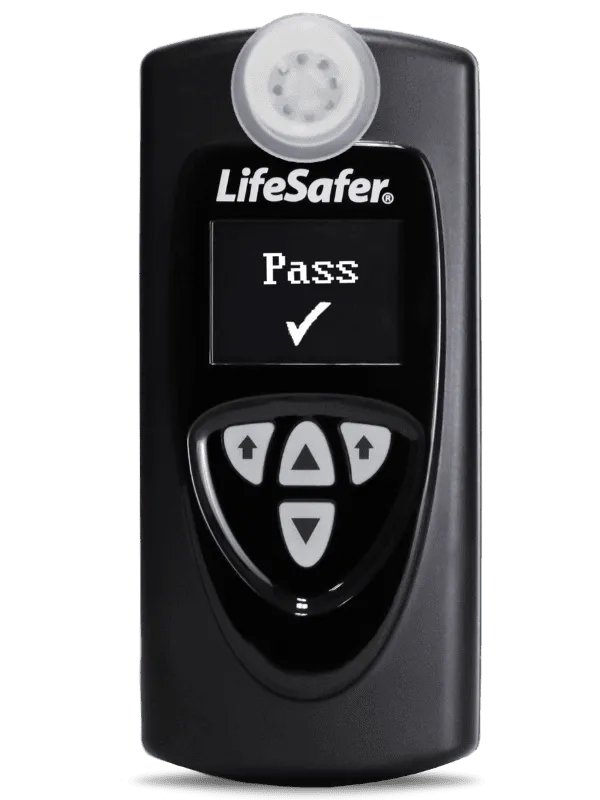
Breathalyzer Calibration – An Essential Step For Ignition Interlocks
Special Offers
Recent news articles have brought attention to the need for regular calibration of devices that measure breath alcohol concentration (BrAC). Ignition interlocks, or in-car breathalyzers, are no exception.
Breathalyzer Calibration: Ensuring Accuracy in Ignition Interlock Devices
Alcohol measurement is a delicate process. You must regularly test and adjust a breathalyzer to ensure it maintains the proper sensitivity to alcohol, neither too low nor too high. We call the calibrated part of the alcohol testing device the fuel cell. We designed this component specifically to detect ethanol and can adjust it for greater specificity. Usually, calibration is done by exposing the breathalyzer to an alcohol vapor of a precise and pre-determined concentration and changing the breathalyzer or ignition interlock device to reflect that amount of alcohol.
Suppose you require an ignition interlock on your vehicle. In that case, its mechanism to calculate your BrAC is similar to a police breathalyzer, using the same fuel cell technology to detect alcohol.
The Importance of Regular Calibration
When you bring in your vehicle for regular monitoring, the technician will calibrate the interlock device to make sure that it’s registering alcohol vapors accurately. State regulations determine precisely how accurate the ignition interlock must be, and technicians are required to test and calibrate every device for monitoring. At LifeSafer Ignition Interlock, we also repeatedly calibrate and thoroughly test every unit before sending it to the field for use in your vehicle. We know how important it is to get an accurate reading every time.
It is essential to keep your regular ignition interlock monitoring appointment – car breathalyzer calibration ensures that your interlock is correctly reading your breath sample. It’s also why newer devices, like mobile phones, add on breathalyzers, which can be unreliable. Failing to calibrate any device can result in false readings, and states enforce strict rules on calibrating any device admissible in court proceedings.
At LifeSafer Ignition Interlock, we make keeping your device calibrated as convenient as possible. We send email appointment reminders, and our customer contact center lets you speak with an actual human to re-schedule any appointment quickly and efficiently.
Have more questions? Explore our comprehensive Breathalyzer FAQs now!
